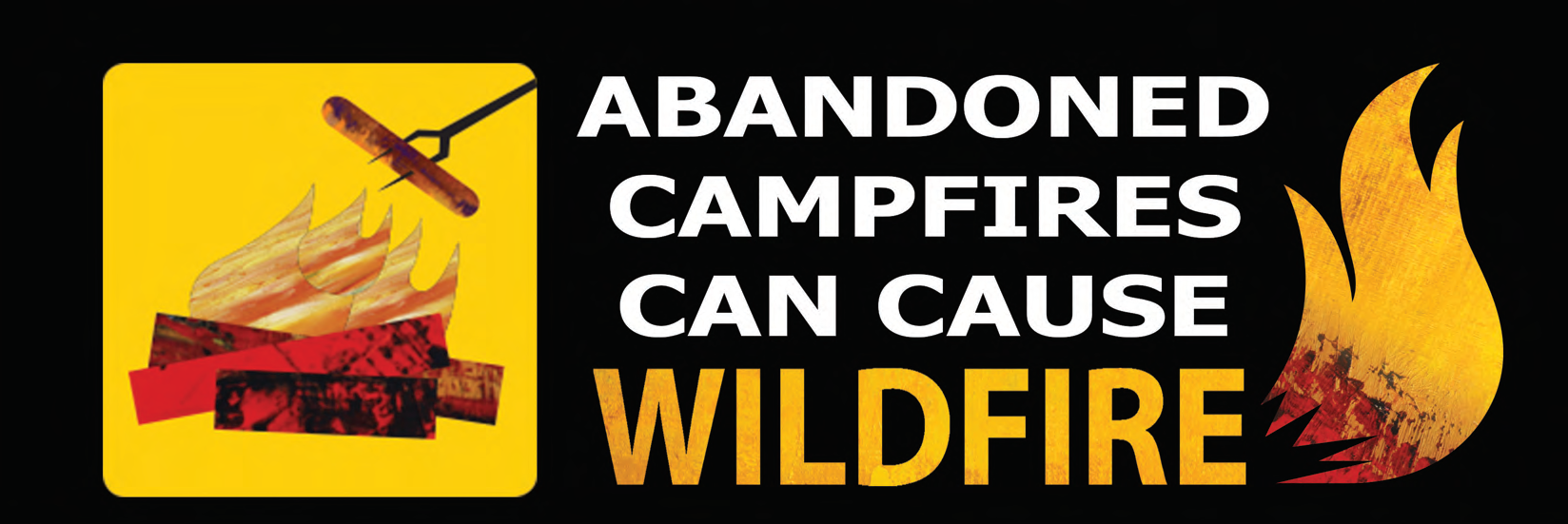News Release
You are viewing ARCHIVED content published online before January 20, 2025.
Please note that this content is NOT UPDATED, and links may not work. For current information,
visit https://www.nps.gov/aboutus/news/index.htm.

|
Subscribe
|
Contact: Denise Germann, 307-739-3393
Contact: Lori Iverson, 307-201-5433
Contact: Kasey Stewart, 307-739-5564
Western WY- Fire danger has increased to “High” for Grand Teton National Park, Bridger-Teton National Forest, National Elk Refuge, and the rest of the Teton Interagency Dispatch Area. Recent hot temperatures and regular afternoon winds have created dry forest conditions. With little to no forecasted rain in the coming weeks, fire activity is expected to increase. Three wildfires have been detected in the last week, with the Box Creek Fire remaining active in the Teton Wilderness.A high fire danger rating means that fires can start easily and spread quickly. When determining fire danger, fire managers use several indicators such as the moisture content of grasses, shrubs, and trees; projected weather conditions including temperatures and possible wind events; the ability of fire to spread after ignition; and availability of firefighting resources locally and across the nation.
There are no fire restrictions currently in place, but it is important to be aware of the increased risk and take extra care when building campfires, parking on dry grass, or recreating outdoors.
Visitors and local residents are reminded that unattended or abandoned campfires can easily escalate into wildfires. This year there have already been more than 83 abandoned campfires reported in the Teton Interagency Dispatch area. Campers should be prepared with plenty of water and a shovel on hand.
As a reminder, simply pouring water on a fire is not sufficient. Most of the reported unattended fires found by fire personnel involve smoldering logs and white ash which can easily spread embers when stirred by a breeze or gust of wind. Campers need to drown campfires with plenty of water and then stir the coals, repeating as necessary. Before leaving the area, the campfire should be cold to the touch. Campers need to be aware they could be held liable for suppression costs if their campfire becomes a wildfire.
Please visit the Teton Interagency Fire website at tetonfires.com to learn more about current fires, fire safety, and any fire regulations that may be in place. To report a fire or smoke, call the Teton Interagency Fire Dispatch Center at 307-739-3630.
Last updated: July 23, 2019
